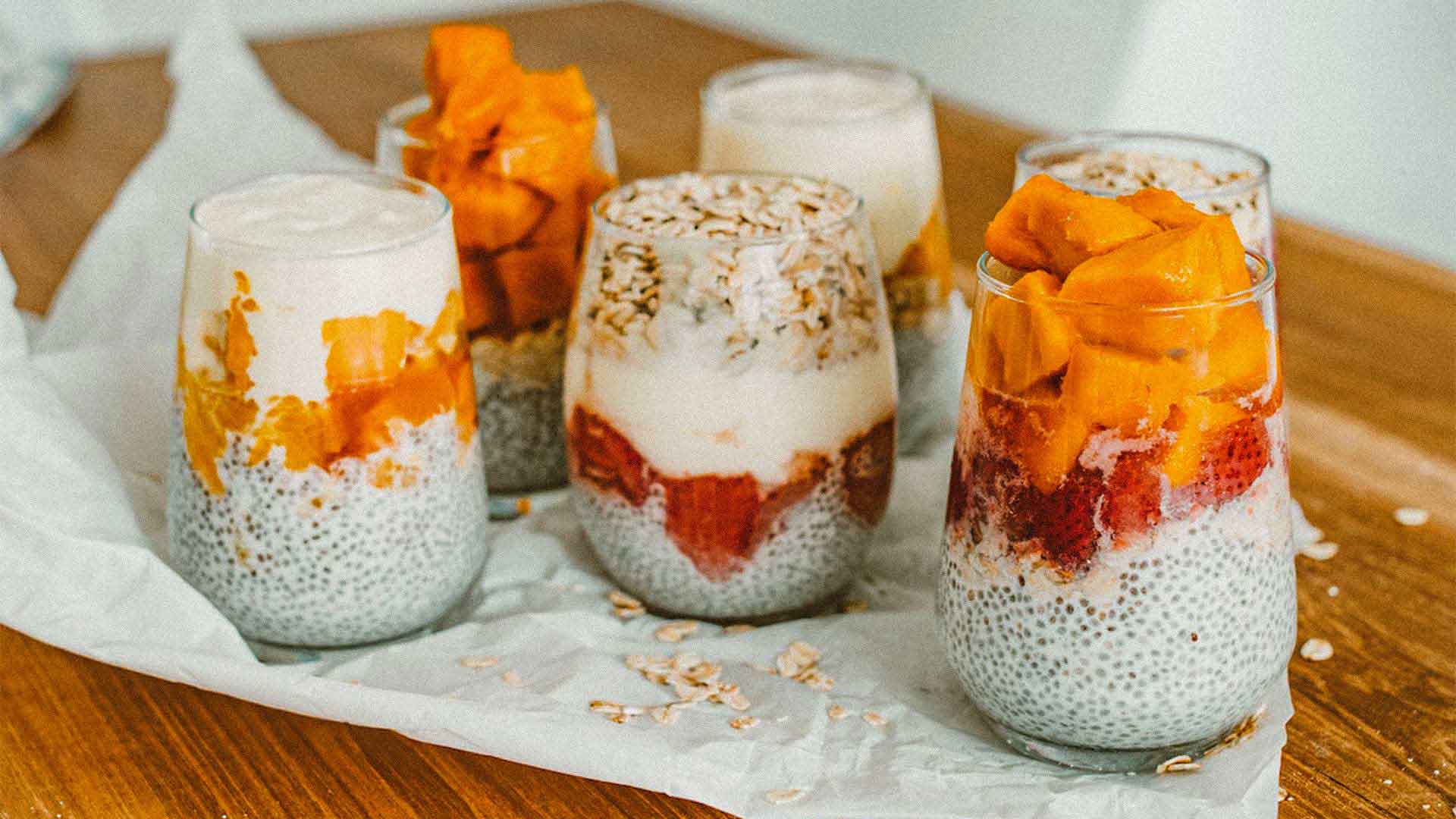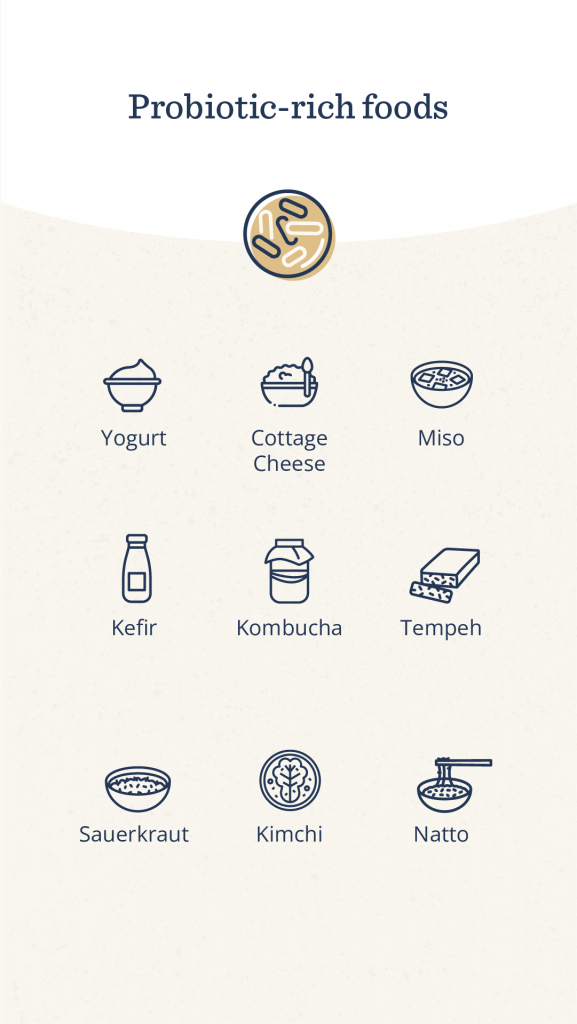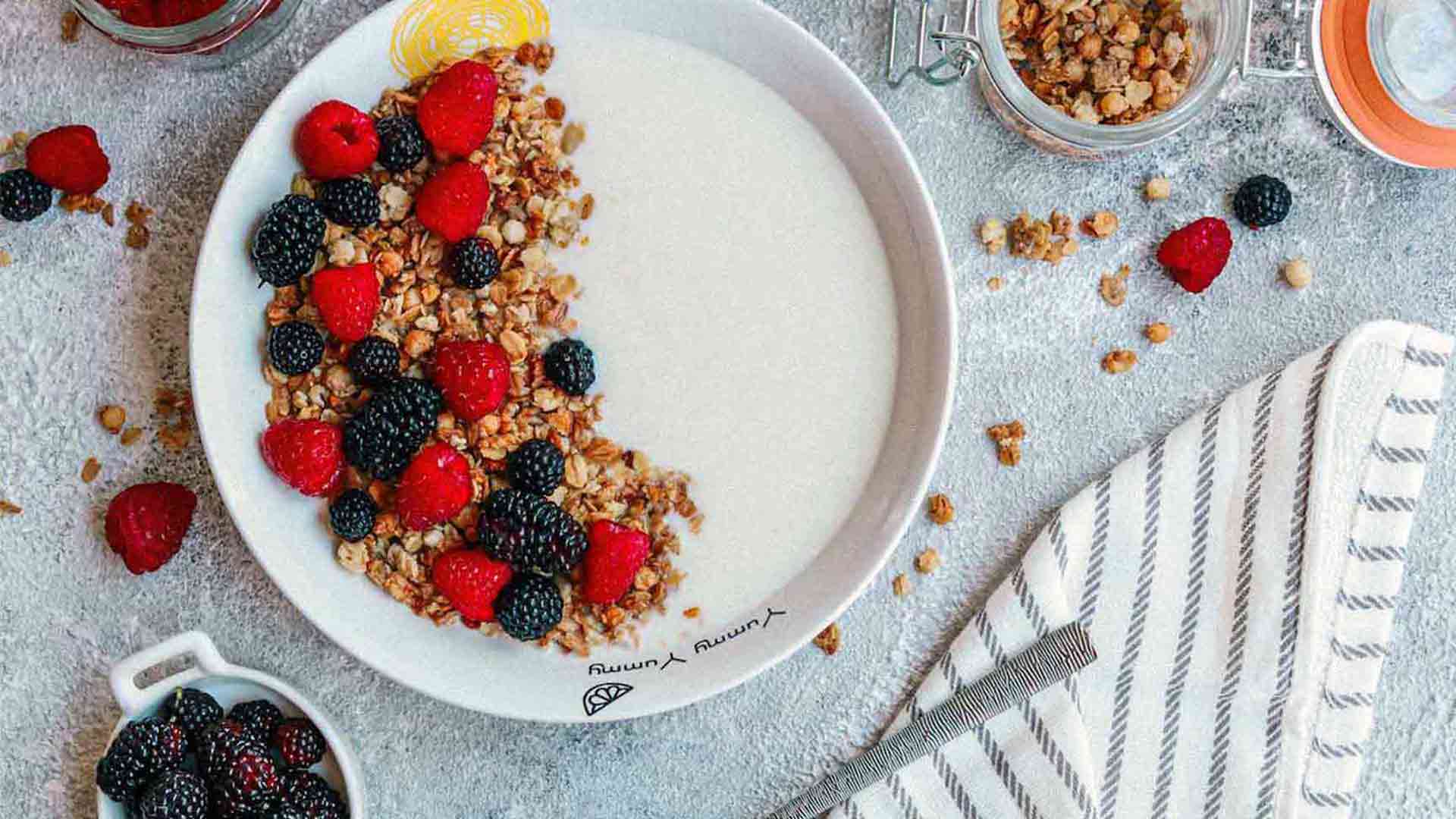There is no magic bullet when it comes to having good health, but fiber comes pretty darn close. This rugged, wholesome, indigestible carbohydrate may not be the sexiest thing on the market, but it offers loads of health benefits that over half of us are missing out on.
Read up on the benefits of fiber and find out how you can get more of it in your diet.
Fiber basics
Ever wonder why fiber is recommended for both diarrhea and constipation? The answer lies in its structure. There are two different types of fiber: soluble and insoluble.
Each works differently in your body and provides different health benefits, with some overlap. Most foods have a combination of both types but may contain higher amounts of one or the other.
Certain types of fiber (prebiotics) can also help feed the good bacteria in your gut. These good bacteria that naturally exist in your gut help absorb nutrients and play a role in maintaining a healthy immune system.2
Benefits of soluble fiber
Soluble fiber helps slow down digestion by acting like a gel in your digestive tract (think about what happens when you add water to oats).
As gnarly as this sounds, this is actually a good thing for your health. By slowing down the absorption of food, soluble fiber helps you stay full longer, keeps your blood sugars in a healthy range, and even supports heart health by keeping your cholesterol levels in check.
If that isn’t enough, soluble fiber can also help alleviate constipation and diarrhea.
Certain types of fiber, (called prebiotics) can also help feed the good bacteria in your gut. These good bacteria that naturally exist in your gut help you absorb nutrients and play a role in maintaining a healthy immune system.2
Food sources3
- Beans
- Oatmeal
- Flaxseeds
- Oranges
- Brussel Sprouts
Benefits of insoluble fiber
Unlike its counterpart, insoluble fiber works most of its magic in your colon where it draws in water to keep those stools moving without too much work on your end.
That means less risk of hemorrhoids, diverticular disease (a painful and common condition that effects your colon and may increase risk of colorectal cancer), and probably less risk of your significant other or little ones banging on the bathroom door as you attempt to finish your business.
Food sources:
- Whole-wheat
- Cauliflower
- Lentils
- Peas
- Spinach
How much fiber do you need?
The American Heart Association recommends an average of 21-25g of fiber per day for women and 30-38 g for men.
To give you an idea of what that might look like, an apple has about 4.5 g of fiber (with the skin). A ½ cup of oats (uncooked) has 4 grams, and a ½ cup of black beans has 8 grams.4
What about fiber powders or supplements?
If you can, aim to get your fiber from whole foods for the added benefits of vitamins, minerals and phytochemicals that may be lacking in fiber powders such as psyllium husk.
That said, since most Americans don’t get their daily recommended fiber, supplementing isn’t a bad idea.
Tips for adding more fiber into your diet:
Add fiber to your diet gradually. Otherwise, you may end up with digestive discomfort like gas or bloating.
Start with an extra serving of whole grains (for example ½ cup of oatmeal, 1 cup of cooked broccoli, etc.) and then add from there.
Watch out for sneaky marketing! Product packaging can make you think something contains fiber when it doesn’t. Read the ingredients list on the nutrition label and look for the word “WHOLE”.
For example, Wheat bread may not contain fiber but Whole Wheat bread does. Grams of fiber is also listed on the nutrition label.
Drink plenty of water. This is important as a general rule of course, but even more important when you’re adding fiber into your diet. Water allows fiber (especially soluble fiber) to do its best work while lessening constipation or discomfort.
For more fiber-rich foods, watch:
About Allie
Allie has a master’s in nutrition science from Framingham State University. She has worked as a Health Educator and Personal Trainer, and has a passion for helping people lead happier, healthier lives.
Do you have questions about supplements? Reach out to one of our experts, or take Persona’s free nutrition assessment, and learn exactly what you need to take your wellness to the next level.
*These statements have not been evaluated by the Food and Drug Administration. This product is not intended to diagnose, treat, cure, or prevent any disease.
This information is not intended as a substitute for the advice provided by your physician or other healthcare professional, or any information contained on or in any product label or packaging. Do not use the information from this article for diagnosing or treating a health problem or disease, or prescribing medication or other treatment. Always speak with your physician or other healthcare professional before taking any medication or nutritional, herbal, or homeopathic supplement, or using any treatment for a health problem. If you have or suspect that you have a medical problem, contact your health care provider promptly. Do not disregard professional medical advice or delay in seeking professional advice because of something you have read in this article.












